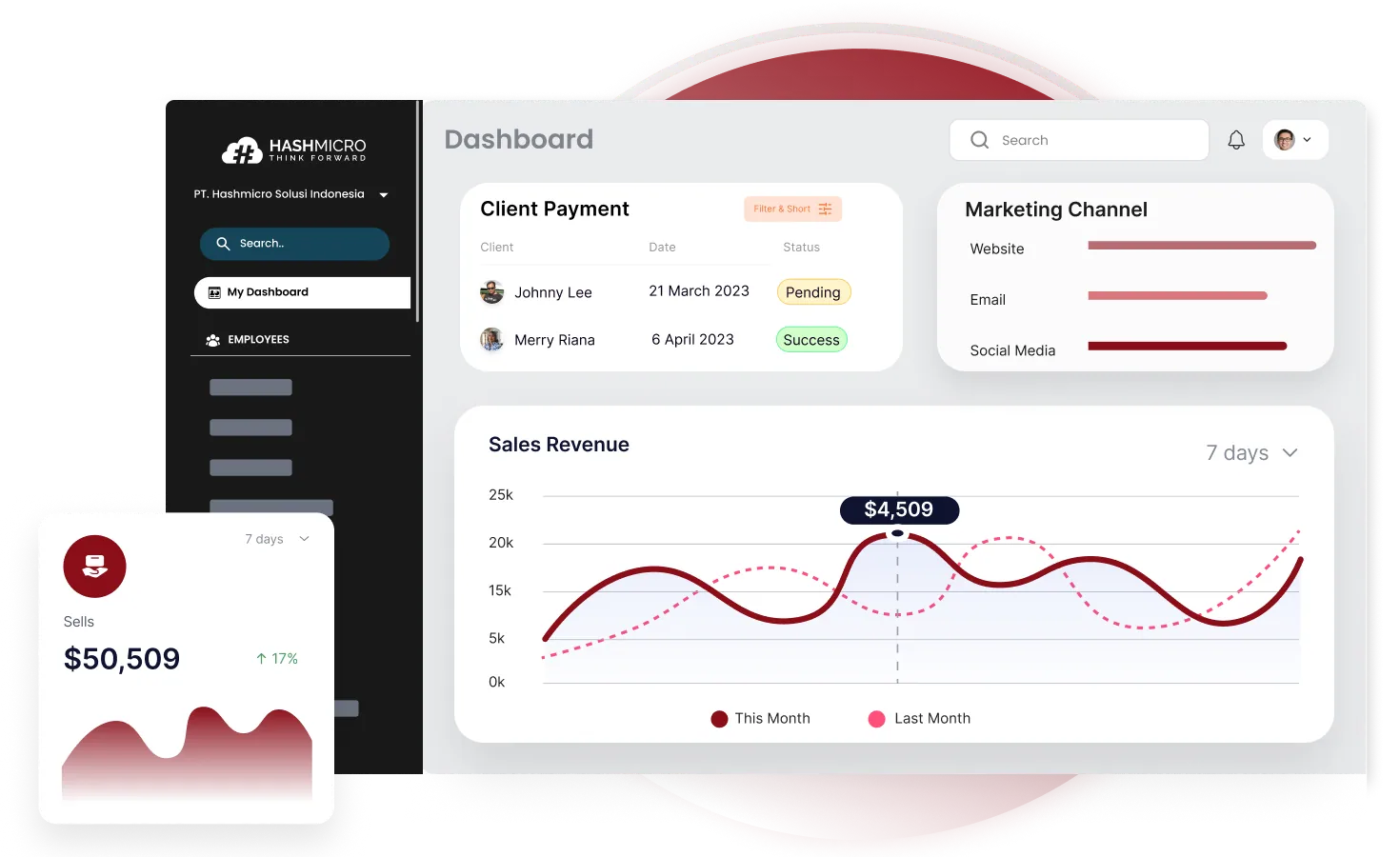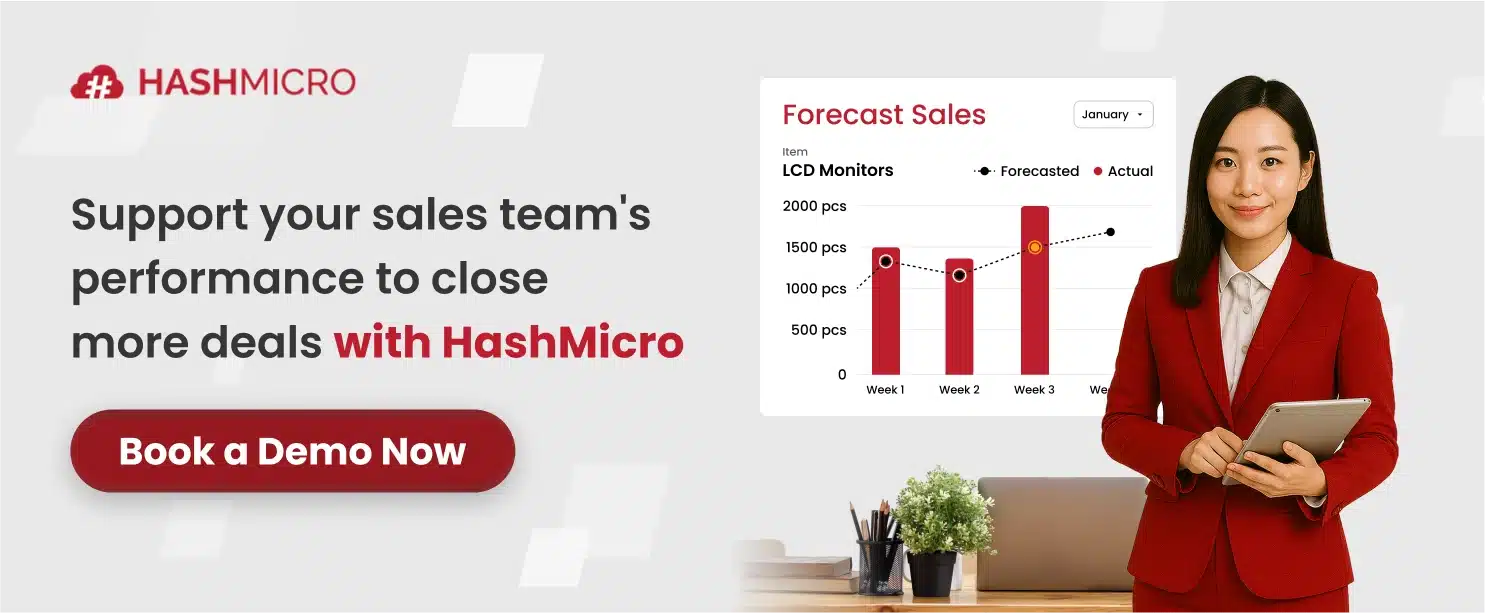Maintaining strong customer relationships is a growing challenge for businesses in Singapore. Disorganized data, delayed responses, and inconsistent communication often result in lost leads and decreased customer loyalty.
CRM solutions address these challenges by centralizing customer information and automating key processes. They enhance sales, marketing, and support functions, leading to more efficient operations and improved customer satisfaction.
To stay competitive in today’s dynamic market, businesses must leverage the right CRM tools. Looking to enhance your customer engagement strategy? Continue reading to discover how CRM solutions can transform your customer engagement strategy.

Key Takeaways
|
What are CRM Solutions?
Customer Relationship Management (CRM) is a strategy and system for managing a company’s interactions with current and potential customers. It helps businesses organize, automate, and synchronize sales, marketing, customer service, and support.
When discussing CRM, people often refer to CRM software solutions. CRM solutions are software tools that streamline customer processes, providing centralized platforms for storing data, tracking interactions, managing leads, and enhancing communication across departments.
CRM solutions are widely used by sales teams, marketing professionals, customer service departments, and business managers. Depending on the business needs, different types of CRM, such as operational, analytical, and collaborative, are applied.
These tools support organizations of all sizes across various industries in enhancing customer engagement and driving growth.
Why is CRM Solutions Important for Your Business?
CRM solutions play a vital role in optimizing business operations. From enhancing customer relationships to driving sales and service performance, CRM tools empower teams to work smarter. These are key benefits of CRM solutions.
- Improving customer engagement
CRM solutions give businesses a clear view of customer behavior and preferences. This allows for personalized interactions that strengthen relationships. Engaged customers are more likely to remain loyal and advocate for your brand. - Enhancing sales and marketing
CRM programs streamline sales and marketing efforts by automating lead tracking and segmenting customer data. Teams can target the right audience with relevant messages. This leads to better conversion rates and improved efficiency. - Customer service improvements
CRM systems store detailed customer histories, enabling quick and informed responses to inquiries. Service teams can resolve issues faster and more effectively. This results in higher customer satisfaction and retention.
Key Features of a CRM System

To maximize the benefits of a CRM system, it’s essential to understand its core features. These functions not only streamline operations but also enhance collaboration across departments. Below are key components that define an effective CRM system.
- Customer data management
This feature centralizes customer information, including contact details, interactions, and purchase history. It ensures accurate records and easier access for all teams. - Sales automation
CRM systems automate repetitive sales tasks such as lead tracking, follow-ups, and deal updates. With effective CRM integration, sales teams can work more efficiently and focus on closing deals. - Marketing automation
With built-in marketing tools, CRMs can manage email campaigns, lead nurturing, and customer segmentation. This ensures timely and targeted communication. - Analytics & reporting
CRM analytics offer insights into customer behavior, sales performance, and marketing outcomes. Customizable dashboards make the customer relationship manager track KPIs in real time. - Cloud-based access
Cloud-based CRMs allow users to access data anytime, anywhere, on any device. This supports remote work and enhances collaboration.
Benefits of CRM System Solutions
Implementing a CRM system offers more than just operational convenience; it delivers measurable business outcomes. From boosting sales performance to deepening customer understanding, CRM solutions provide a competitive edge. Below are the key benefits you can expect.
- Increased sales efficiency
CRM automates lead tracking, follow-ups, and sales workflows, reducing manual tasks. Sales teams can focus on high-priority deals and close them faster. This results in higher productivity and revenue growth. - Improved marketing ROI
By targeting the right audience with personalized campaigns, CRM tools help optimize marketing spend. Real-time data and automation enhance conversion rates. Marketers gain better control over campaign performance. - Better customer insights
CRM systems collect and analyze customer interactions across all touchpoints. This data helps businesses understand preferences and behavior. The result is more informed decision-making and tailored experiences. - Improved customer retention
With timely follow-ups and personalized service, CRMs improve customer satisfaction. Happy customers are more likely to return and remain loyal. This reduces churn and strengthens long-term relationships.
How to Implement a CRM System
Successfully implementing a CRM system requires careful planning and execution. Each step ensures the software aligns with business objectives and delivers maximum value. Below are essential stages in the CRM implementation process.
- Set clear goals
Start by defining what the CRM system should achieve, such as increasing sales or improving customer service. Clear objectives guide the entire process. They also help measure the system’s effectiveness over time. - Choose the right CRM.
Select a CRM that fits the company’s size, industry, and operational needs. Consider factors like features, scalability, and integration. A well-matched system ensures long-term success and adoption. - Train your team
Proper training ensures users understand how to use the CRM effectively. This reduces resistance and improves usage rates, for example, when using a customer service CRM. Continuous learning encourages full utilization of available features for better customer support. - Migrate your data
Transferring existing customer data into the new system must be done carefully. Data should be cleaned, structured, and validated to ensure accuracy. A smooth migration supports seamless operations post-launch. - Monitor & optimize
After implementation, regularly assess CRM performance and user feedback. Use insights to make necessary adjustments and improve efficiency. Ongoing optimization ensures the system evolves with business needs.
To make the most of a CRM implementation, aligning the system with operational goals and budget expectations is essential. Download the pricing scheme to compare features and choose the best CRM solution.
Streamline Customer Management with HashMicro CRM Software

One of the sales enterprise CRM solutions that can boost your sales is HashMicro. Serving over 2000 clients, HashMicro CRM Software helps businesses track, manage, forecast, and analyze customer data efficiently and automatically. HashMicro provides a free demo for you to try.
HashMicro CRM software offers robust features to optimize your sales process, from tracking to analyzing. Some of the comprehensive features are:
- Unlimited user access: HashMicro CRM offers unrestricted user access, supporting organization-wide collaboration without additional user-based charges, ideal for scaling teams.
- Supports B2B and B2C services: This Singapore CRM solution caters to business-to-business and business-to-consumer models, enabling personalized engagement strategies for different customer types.
- Integrated WhatsApp-style chat room: The system includes a built-in chat feature resembling WhatsApp, allowing real-time communication between team members and clients to speed up collaboration and decision-making.
- GPS tracking for real-time field monitoring: With GPS functionality, businesses can track field teams, optimize travel routes, and improve resource allocation, enhancing operational efficiency.
- KPI tracking for daily sales activities: The CRM management solutions enable businesses to set, monitor, and analyze key sales performance indicators to keep teams motivated and aligned with company goals.
- Hash Quality Score for lead prioritization: This feature scores leads based on factors such as budget, decision-maker availability, and data completeness, helping teams focus on high-potential opportunities.
Conclusion
A CRM solution is a tech platform that helps businesses manage customer interactions, streamline processes, and enhance relationships. It integrates sales, marketing, and support for consistent, personalized communication across touchpoints.
HashMicro CRM Software offers a comprehensive solution tailored to the needs of businesses in Singapore. With powerful automation, real-time analytics, and seamless integration, it enhances operational efficiency and strengthens customer relationships.
Experience the benefits of a robust CRM system firsthand by exploring HashMicro’s free demo. Discover how it can support your business goals and elevate your customer engagement strategy.

Frequently Asked Questions About CRM Solutions
-
What does a CRM tool do?
A Customer Relationship Management (CRM) tool helps businesses organize and manage customer data. It supports sales, offers insights, integrates with social platforms, and enhances team collaboration. Cloud-based CRMs provide mobile access and customizable applications.
-
What is an example of CRM usage?
CRM systems centralize customer data, enhancing collaboration across teams. Marketing departments can manage campaigns and guide customer journeys using CRM insights. The software offers visibility into leads and sales opportunities, streamlining processes.
-
What are the main types of CRM software?
CRM systems are typically categorized into three types: operational CRM, which streamlines daily processes; analytical CRM, which focuses on data and insights; and collaborative CRM, which promotes better communication across departments.
































